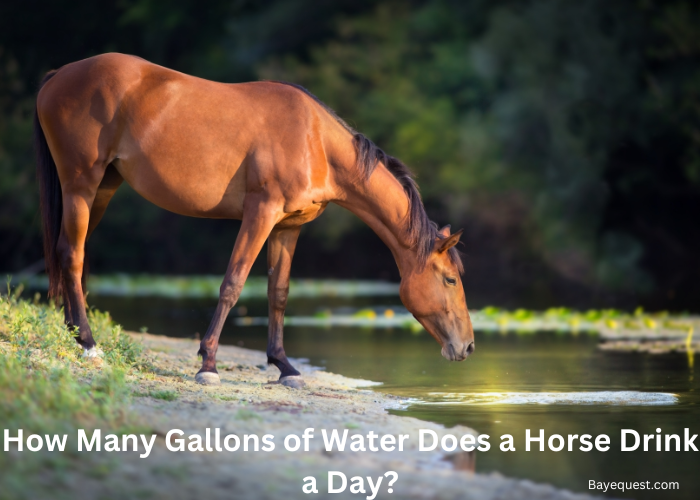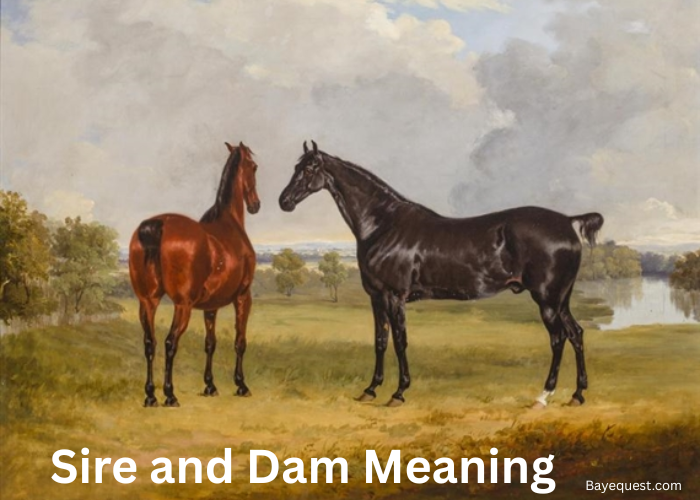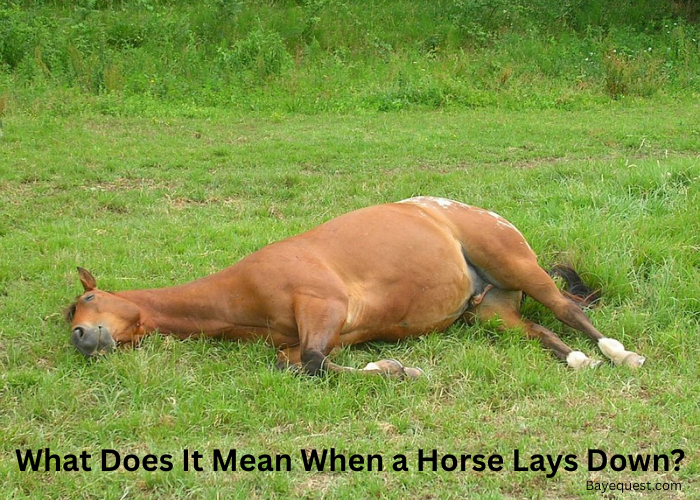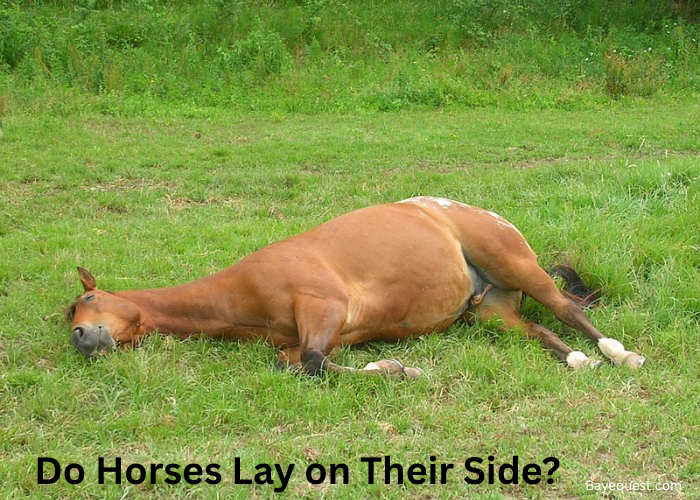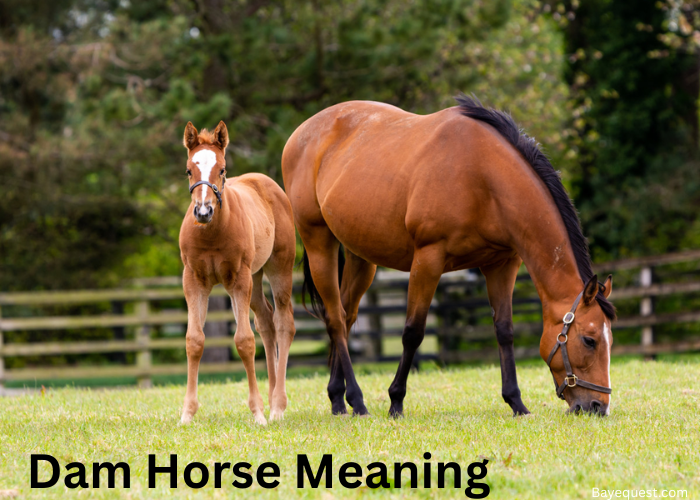Water is essential for a horse’s health. Every day, it needs plenty to stay hydrated and perform well.
But how much a horse drinks isn’t always the same. Factors like size, activity level, and weather all play a role.
A working horse or one in hot weather will drink more than one at rest. Without enough water, dehydration can become a serious problem.
Understanding a horse’s water needs is key to keeping it healthy. So, how much should you provide? Let’s break it down.
How Many Gallons of Water Does a Horse Drink a Day? Key Takeaway
A horse drinks 5 to 15 gallons of water daily, depending on factors like size, diet, weather, and activity. Proper hydration is essential for digestion, temperature regulation, and overall health. Always provide clean, fresh water to keep your horse healthy and prevent dehydration-related issues like colic or fatigue.
Importance of Water Intake for Horses
Water plays a vital role in keeping horses healthy and ensuring their bodily functions run smoothly.
Here’s how it impacts key aspects of their health:
1. Electrolyte balance
Water helps maintain the balance of essential electrolytes like sodium, potassium, and chloride in a horse’s body.
Electrolytes regulate nerve function, muscle contractions, and hydration levels.
Insufficient water intake can lead to imbalances, causing fatigue, weakness, or more severe issues like tying-up syndrome.
2. Gut health
Adequate water ensures the proper movement of food through the digestive tract, reducing the risk of colic.
It helps soften feed, making it easier to digest and absorb nutrients. Dehydration can slow gut motility, leading to blockages or impactions.
3. Milk production
Lactating mares require extra water to produce milk for their foals.
Without enough water, milk production may decrease, affecting the foal’s nutrition and growth.
Proper hydration supports both the mare’s health and her ability to nurture her young.
4. Digestion
Water is essential for breaking down feed in the stomach and aiding nutrient absorption in the intestines.
It prevents feed from becoming compacted, particularly in horses on dry diets like hay or grain.
Insufficient water can disrupt digestion and lead to serious conditions like impaction colic.
5. Thermoregulation
Horses rely on water to cool their bodies through sweating and respiration.
During hot weather or intense exercise, water helps regulate body temperature and prevent overheating.
Dehydration reduces their ability to sweat effectively, increasing the risk of heat stress or heatstroke.
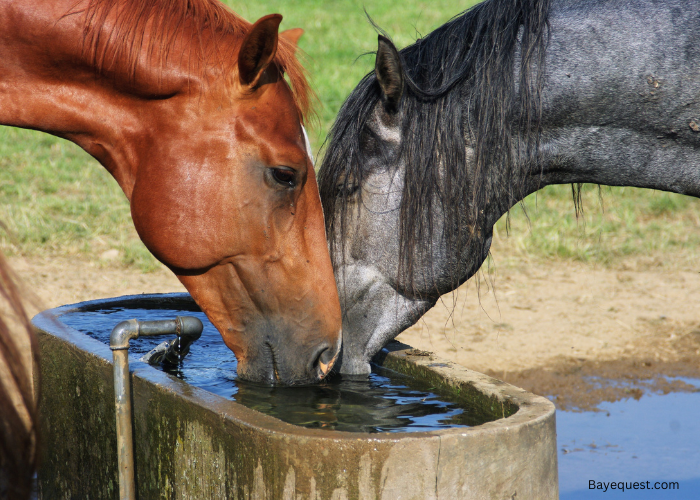
How Much Water Should a Horse Drink a Day?
A horse should drink 5 to 15 gallons, which is equivalent to 20 to 55 liters of water, daily.
This quantity ensures proper hydration and supports essential functions such as digestion, thermoregulation, and electrolyte balance.
Access to clean, fresh water is crucial for preventing dehydration and related health problems like colic.
Whether consuming dry feed or grazing on moist pasture, a horse’s daily water intake plays a vital role in its overall health and well-being.
Factors that Affect the Water Intake of a Horse
A horse’s water needs aren’t the same every day. Various factors influence how much they drink, from their activity level to the weather.
Let’s explore what affects their water intake and why it matters.
Exercise
Horses that work or train need more water. They sweat to cool down, which causes water and electrolyte loss.
Without enough water, they may get tired or dehydrated. Always provide fresh water before and after exercise to keep them hydrated.
Breed
Some breeds need less water than others. Arabians, for example, are heat-tolerant and drink less.
Larger breeds, like Draft horses, require more. Knowing your horse’s breed helps estimate its water needs.
Pregnancy and lactation
Pregnant mares drink more water to support their foal. Lactating mares need even more to produce milk.
Without enough water, their health and milk quality can suffer. This can also affect the foal’s nutrition.
Size and body condition
Larger horses need more water because of their body mass. Overweight horses may also drink more to stay cool.
Always adjust water access based on the horse’s size and condition.
Weather and seasons
Hot weather makes horses sweat more, increasing water needs. In cold weather, they drink less, especially if the water is too cold.
Offering warm water in winter helps keep them hydrated.
Age
Older horses often drink less water. This may be due to reduced activity or dental issues.
Ensuring easy access to clean water helps prevent dehydration in aging horses.
Transport
Travel can stress horses and reduce their water intake. They may refuse unfamiliar water.
Offer familiar-tasting water or use flavoring to encourage drinking during trips.
Dry matter intake
Horses eating dry hay or grain need more water. This helps digest their food and prevents colic.
Horses on fresh pasture may drink less because the grass contains moisture.
Protein content of the diet
High-protein diets increase water needs. Water helps process and remove extra nitrogen.
Balance the diet to prevent dehydration.
Water characteristics and availability
Horses are picky about water. They avoid dirty or bad-tasting water.
Always provide clean, fresh water to encourage drinking. Easy access to water ensures they stay hydrated.
Signs of Dehydration in Horses
Recognizing dehydration in horses is crucial to address the issue quickly and prevent serious complications. Here are common signs to watch for:
1. Dry gums and mucous membranes
Check the horse’s gums. If they are dry or sticky instead of moist, it’s a sign of dehydration.
2. Delayed skin pinch test
Pinch the horse’s skin on its neck or shoulder. If the skin takes longer than 1-2 seconds to return to normal, the horse may be dehydrated.
3. Sunken eyes
Dehydrated horses may have slightly sunken eyes, giving them a tired or hollow appearance.
4. Reduced appetite
Dehydration can cause a horse to eat less. Lack of interest in food may be an early warning sign.
5. Lethargy and weakness
Dehydrated horses often appear tired and lack energy for regular activities or exercise.
6. Dark urine or decreased urination
Less frequent urination or dark-colored urine indicates insufficient water in the horse’s system.
7. Dry manure
Hard, dry manure can suggest inadequate water intake, making digestion more difficult.
8. Increased heart rate
A dehydrated horse may have an elevated heart rate even when at rest. Check for an abnormal pulse as a potential sign.
How to Assess Dehydration in Horses
Monitoring a horse for dehydration involves a mix of observation and hands-on assessment.
Here’s how you can evaluate their hydration levels:
1. Monitoring the volume of water consumed
Keep track of how much water your horse drinks daily. A healthy horse consumes 5-15 gallons (20-55 liters) of water.
If intake drops significantly, it could signal dehydration. For instance, a sudden decrease in water consumption during hot weather or after exercise should raise concern.
Regularly checking water buckets or trough levels can help you notice changes quickly.
2. Mucous Membrane Moisture, Color, and Capillary Refill Time (CRT)
Check the gums inside the horse’s mouth. Healthy mucous membranes should be pink and moist.
Dry or sticky gums indicate dehydration.
Press your finger lightly on the gums and release; the spot should turn pink again within 1-2 seconds.
This is called the capillary refill time (CRT). If it takes longer than 2 seconds, the horse may be dehydrated.
3. Manure consistency
Inspect the consistency of your horse’s manure. Well-hydrated horses produce manure that is firm but moist.
Dry or hard manure can be a sign of insufficient water intake, making digestion difficult.
Excessively dry manure may also increase the risk of impaction colic.
Related read: How to Compost Manure From Horse Poop.
4. Skin pinch test
This simple test is done on the horse’s neck or shoulder:
Gently pinch a small fold of skin and release it. In a well-hydrated horse, the skin should snap back to normal in 1-2 seconds.
If the skin remains tented or takes longer to return to its normal position, the horse may be dehydrated.
5. Visual assessment
Look for physical signs of dehydration, including sunken eyes, dull appearance or drawn up flanks.
Sunken eyes give the horse a hollow or tired appearance, indicating a loss of fluid in the body.
A dull coat may suggest poor hydration, as moisture is essential for maintaining a shiny, healthy appearance.
Drawn-up flanks, where the area behind the ribs appears tucked in, can indicate significant fluid loss.
These visual cues are often among the first noticeable signs of dehydration.
6. Bloodwork
In severe cases, a veterinarian can confirm dehydration through blood tests.
Elevated packed cell volume (PCV) and total protein levels often indicate dehydration.
These tests provide precise measurements of the horse’s hydration status and help determine the severity of the condition.
Tips to Encourage Proper Horse Hydration Throughout the Year
Increase your horse’s salt intake
Salt encourages horses to drink more water. Providing free-access salt blocks or adding loose salt to their feed can help stimulate thirst.
This is especially important during hot weather or after exercise when they lose electrolytes through sweat.
Read also: Is Salt Good for Horses?
Provide electrolyte supplements
Electrolyte supplements help replace the minerals lost through sweat and encourage water consumption.
These are particularly useful during intense exercise, hot weather, or for lactating mares.
Ensure the supplement is palatable and provided according to the horse’s specific needs.
Provide warm water during cold weather
In winter, horses may drink less if the water is too cold.
Offering slightly warm water encourages them to drink more, preventing dehydration in colder months.
Breaking ice on water troughs or using heated buckets can ensure access to drinkable water.
To keep horse water from freezing without electricity, use insulated water buckets, place buckets inside larger containers packed with straw, or add a floating ball to keep the surface moving and slow ice formation.
These methods ensure horses always have access to drinkable water.
Ensure clean and fresh water is always accessible
Horses are picky about water quality. They may avoid drinking if the water is dirty or has an unpleasant smell.
Regularly clean water buckets and troughs, and replace the water frequently to keep it fresh and appealing.
Use light-colored water buckets
Light-colored buckets reflect heat and keep water cooler during hot weather.
They also allow you to spot dirt or debris more easily, ensuring the water remains clean and inviting for your horse.
Allow access to pasture
Fresh pasture has a high moisture content, which helps keep horses hydrated.
While it doesn’t replace the need for clean drinking water, it can reduce dehydration risks, especially during warmer months.
Soak or steam hay
For horses on a diet of dry hay, soaking or steaming the hay adds moisture to their feed.
This is particularly helpful for horses that don’t drink enough water or are prone to dehydration.
It also benefits horses with respiratory issues by reducing dust.
Train horses to drink flavored water
Horses may refuse unfamiliar water when traveling or in new environments.
Training them to drink flavored water at home, using additives like apple juice or peppermint, can make it easier to keep them hydrated when the water source changes.
Once they’re accustomed to the flavor, adding it to new water can encourage drinking.
How Long Can Horses Go Without Water?
Horses can survive without water for about 48-72 hours, but their health begins to deteriorate well before that.
After just 48 hours without water, a horse can start showing signs of dehydration. This can quickly lead to colic or other serious health issues.
Beyond 48 hours, the situation becomes critical. Severe dehydration can cause organ failure, shock, and even death.
Read more on how long a horse can survive without water in our other guide.
How Many Gallons of Water Do Horses Drink a Day? Conclusion
Water is essential for a horse’s health and well-being. On average, a horse drinks 5 to 15 gallons of water each day.
This amount can vary based on factors like diet, weather, and activity. Ensuring your horse has constant access to clean, fresh water is vital.
Proper hydration supports digestion, temperature regulation, and overall health. Pay attention to their water needs throughout the year.
By doing so, you can prevent dehydration and keep your horse healthy and happy. A hydrated horse is a thriving horse.




